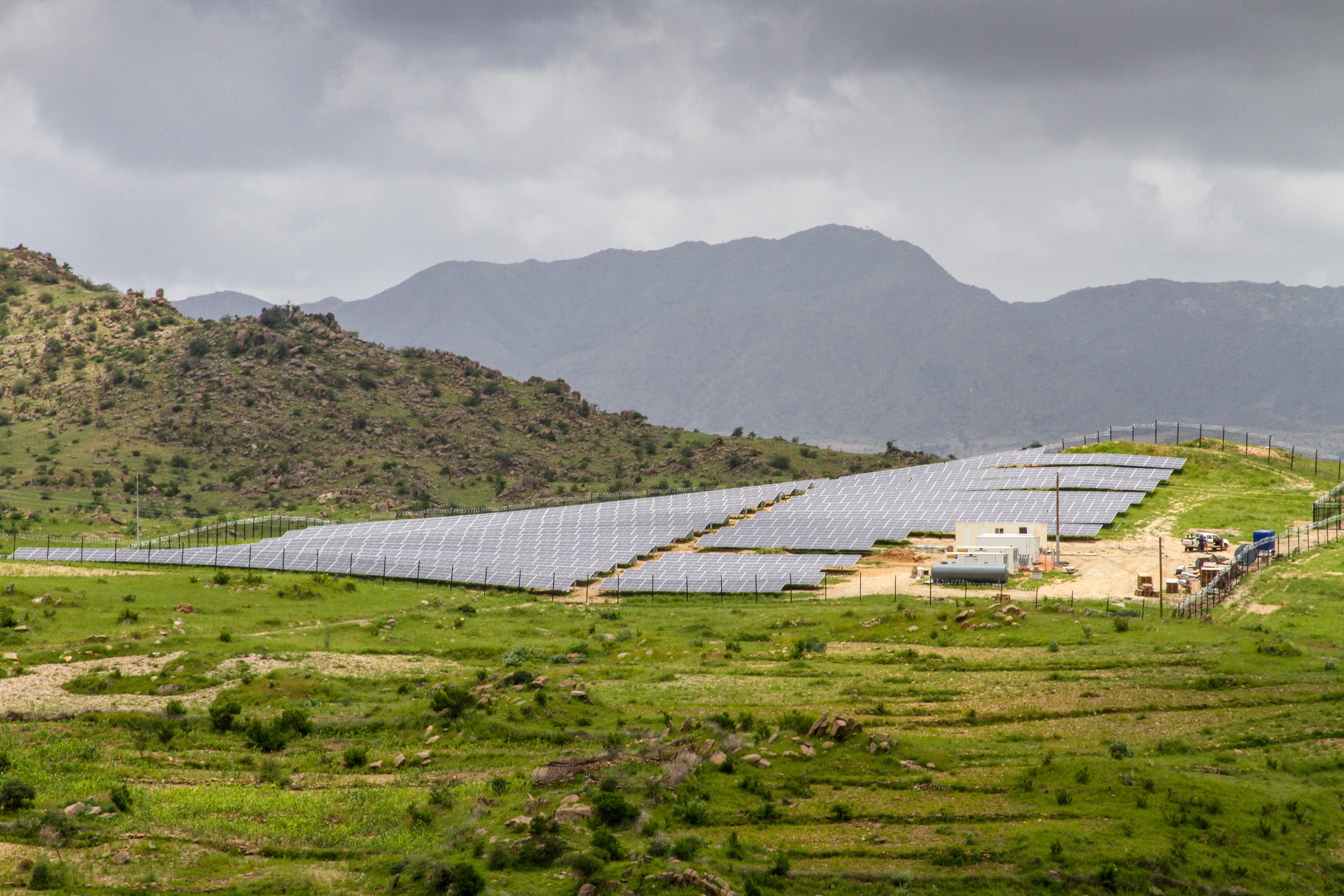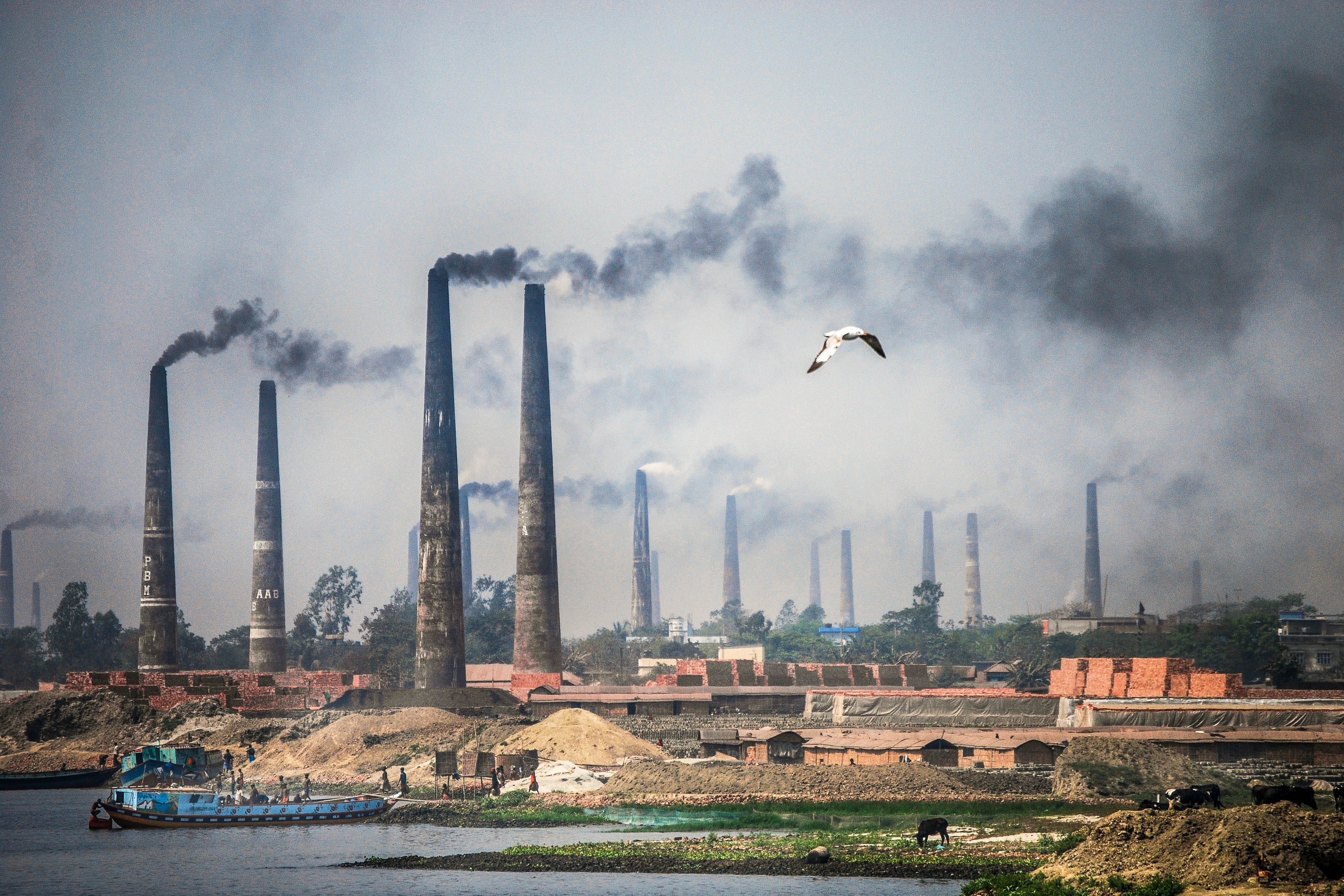COP 25
The 2019 United Nations Climate Change Conference, also known as COP25, is the 25th United Nations Climate Change conference.
Aim : Develop cooperative strategies to reduce greenhouse gas concentrations to prevent the dangerous impacts of climate change.
Place : Madrid, Spain
Report: On UN Climate Change Conference under the Presidency of the Government of Chile and was held with logistical support from the Government of Spain.
Time:In 2 – 13 December 2019 it took place.The pre-sessional period was from 25 November - 1 December 201
In this way, Chile and Spain, at the hands of Carolina Schmidt, Minister of Environment of Chile, and Teresa Ribera, Minister for the Ecological Transition of the Government of Spain, will work together with Patricia Espinosa, Executive Secretary of the United Nations Framework Convention on Climate Change, to culminate the important climate conference, prelude to the entry into force of the Paris Agreement, in 2020.
It is not the first time that a COP is shared by two countries. It happened at COP23 Fiji-Bon 2017 .The German city facilitated space and organization, while Fiji presided over the climate summit. The small island state of the Pacific, located in Polynesia, is one of the most vulnerable sites facing the possible effects of climate change. On that occasion Fiji assumed the presidency of COP 23, determined to maintain the momentum of the Paris Agreement.
COP25 will be chaired by Carolina Schmidt and Chile will play its role as scheduled. Madrid will facilitate the IFEMA fairgrounds, a large space specialized in organizing large-scale varied events, adjacent to Barajas Airport, ready to receive the thousands of participants in the climate summit.
Agreement
In 2015, at COP21 in Paris, 197 parties agreed to establish a legal instrument that would govern climate change mitigation and adaptation efforts. This became known as the Paris Agreement. It includes overarching goals to keep global temperature rise below 2° C, with efforts to limit warming to 1.5 °C, and increase countries’ resilience to climate impacts. It also aims to ensure sufficient financing to achieve these targets.

To meet these goals, individual countries define exactly how they will contribute to achieving them. These contributions are known as Nationally Determined Contributions, or NDCs
Importance
Numerous scientific studies tell us we need to halve global emissions by 2030 to meet the Paris Agreement goals of limiting global warming to 1.5°C. This gives us less than 11 years to make transformational changes at an unprecedented scale and pace across all sectors.
Rising climate activism globally shows us that citizens are demanding action from their governments. While holding a conference may seem unimportant, COP25 can indeed make meaningful and necessary contributions to scaling up global climate action.

A core objective for COP25 is to finalise guidelines that govern the Paris Agreement, which will create a set of rules to help governments implement their NDCs and meet their targets.
Many of these guidelines were established at last year’s negotiations, COP24, where the Katowice climate package was agreed. But one significant piece of the puzzle is still missing: guidance and rules surrounding Article 6 of the Paris Agreement.
Objectives of COP25
- To review the ambition of the countries and adjust them to the levels required by the Paris Agreement, as well as finalize the guidelines to make that the agreement be fully operational.
- The main topics will be focused on the Oceans and Antarctica. The report highlights the need to “act urgently in order to prioritize timely, ambitious and coordinated initiatives to address lasting changes in the oceans and the cryosphere that are unprecedented.”
- The cryosphere, that is solid state water, such as glaciers, snow, ice and permafrost “are decreasing and will continue to do so, and according to projections this will increase the dangers for people, for example, in the form of landslides, avalanches, rockfalls and floods. ”
- COP25 will also focus on renewable energy, circular economy, ecosystems, biodiversity and electromobility.
Results
The results of the conference were disappointing at a time when climate action and concrete measures are considered urgent. Alden Meyer, director of strategy and policy for thewho has attended climate negotiations since 1991, stated that he had never seen before the almost total disconnect between what the science requires and what the climate negotiations are delivering in terms of meaningful action.Greenpeace executive director Jennifer Morgan summarized the prevalent opinion: “Climate blockers like Brazil and Saudi Arabia, enabled by an irresponsibly weak Chilean leadership, peddled carbon deals and steamrolled scientists and civil society”.The decisions about the carbon market and emissions cuts were delayed to the next climate conference in Glasgow. The United States, Russia, India, China, Brazil and Saudi Arabia were the main opponents of these measures.


Comments
Post a Comment